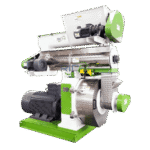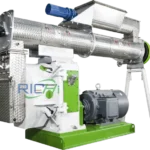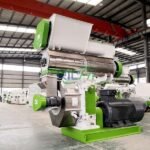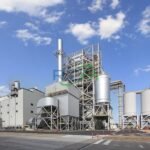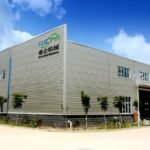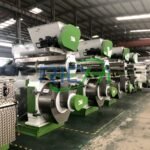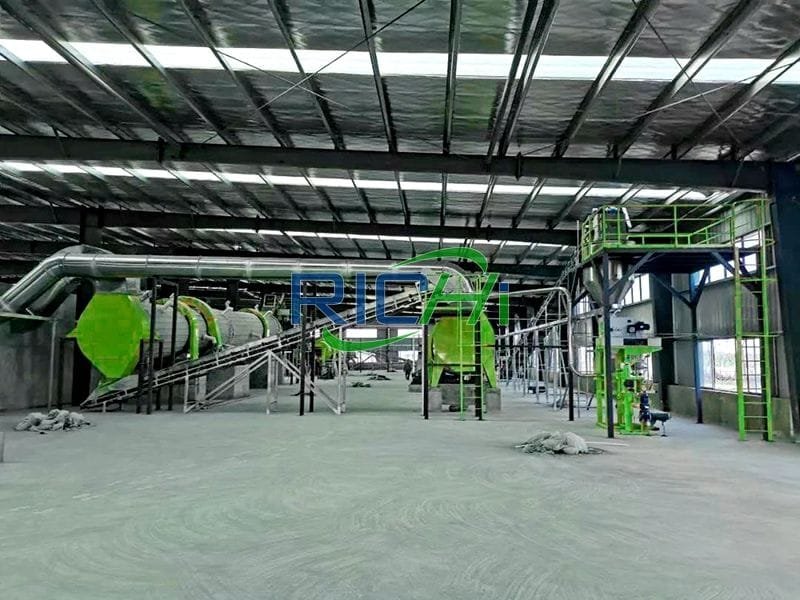In today’s rapidly expanding world of sustainable agriculture and eco-friendly practices, there is a surging demand for organic fertilizers. As consumers grow increasingly conscious of the environmental impacts associated with conventional farming methods, the necessity for nutrient-rich, organic soil amendments has never been more pronounced. At the core of this burgeoning industry lies the organic fertilizer granulator machine – a specialized piece of equipment designed to transform loose, powdery organic materials into dense, uniform granules that are easier to handle, store, and apply.
However, with a plethora of manufacturers offering organic fertilizer granulator machines, choosing the right one can be a daunting task. This decision not only influences the quality and efficiency of your organic fertilizer production but also has far-reaching implications for the success and profitability of your business. In this comprehensive guide, we will explore the key factors to consider when selecting an organic fertilizer granulator machine manufacturer, ensuring you can make an informed decision that aligns with your specific needs and long-term goals.
Assessing Production Requirements and Scalability
Before delving into the selection process, it is crucial to assess your production requirements and future growth plans. Begin by determining the desired production capacity based on anticipated demand for organic fertilizer granules. Consider factors such as the availability of raw materials, target markets, and potential expansion opportunities.
Look for manufacturers that offer a range of organic fertilizer granulator machines with varying production capacities. They should range from small-scale units suitable for hobby farms or residential use to large-scale industrial systems capable of processing thousands of tons of organic materials annually. Prioritize manufacturers that provide scalable solutions, allowing you to upgrade or expand your equipment as your business grows, thereby minimizing the need for costly replacements in the future.
Evaluating Granulation Technologies and Product Quality
Organic fertilizer granulator machines employ various granulation technologies, each with distinct advantages and limitations. Common technologies include pan granulation, extrusion, and drum granulation. Evaluate the specific granulation technology used by each manufacturer and assess its suitability for your raw materials and desired product specifications.
Consider crucial factors such as granule size, density, and nutrient distribution, as these significantly impact the effectiveness and performance of your organic fertilizer products. Favor manufacturers that prioritize product quality and consistency, employing robust quality control measures and adhering to industry standards and certifications.
Assessing Energy Efficiency and Sustainability
In the realm of organic fertilizer production, prioritizing energy efficiency and sustainability is paramount. Look for manufacturers that integrate energy-efficient technologies and sustainable practices into their organic fertilizer granulator machines.
Features to seek include variable frequency drives, waste heat recovery systems, and the capability to integrate renewable energy sources. These features not only help reduce your carbon footprint but also offer long-term cost savings by minimizing energy consumption and operational expenses.
Evaluating Automation and Control Systems
Modern organic fertilizer granulator machines often incorporate advanced automation and control systems, which can significantly enhance process efficiency, consistency, and quality control. Evaluate the level of automation and control systems offered by each manufacturer, such as programmable logic controllers (PLCs), human-machine interfaces (HMIs), and remote monitoring capabilities.
Advanced automation and control systems streamline operations, mitigate the risk of human error, and provide valuable data for process optimization and troubleshooting. Prioritize manufacturers that emphasize user-friendly interfaces and offer comprehensive training and support for their automation systems.
Considering Maintenance and After-Sales Support
Organic fertilizer granulator machines are intricate pieces of equipment that require regular maintenance and occasional repairs to ensure optimal performance and longevity. When selecting a manufacturer, scrutinize their reputation for after-sales support and the availability of spare parts and technical assistance.
Prioritize manufacturers offering comprehensive maintenance and service contracts, along with training programs for your maintenance personnel. Opt for manufacturers with a robust local or regional presence to ensure prompt support and minimal downtime in case of equipment issues.
Evaluating Customization and Integration Capabilities
Every organic fertilizer production operation has unique requirements and constraints. Look for manufacturers that offer customization options for their organic fertilizer granulator machines, allowing you to tailor the equipment to your specific needs and existing infrastructure.
Assess each manufacturer’s ability to seamlessly integrate their machines into your current production line or facility. Compatibility with other equipment and systems minimizes disruptions, streamlines operations, and maximizes overall production efficiency.
Reputation, Experience, and Industry Expertise
When selecting an organic fertilizer granulator machine manufacturer, consider their reputation, industry experience, and track record. Research customer testimonials, industry recognition, and their history of delivering high-quality equipment and exceptional customer service.
Prioritize manufacturers with deep industry expertise and a thorough understanding of the organic fertilizer production process. Their knowledge can offer valuable insights, recommendations, and ongoing support throughout the entire lifecycle of your equipment, from initial selection to ongoing optimization and troubleshooting.
Pricing and Financial Considerations
While cost should not be the sole determinant, it is essential to consider pricing and financial factors when choosing an organic fertilizer granulator machine manufacturer. Evaluate upfront equipment costs, as well as ongoing operational expenses such as maintenance, energy consumption, and consumables.
Look for manufacturers offering transparent pricing structures and flexible financing options, including leasing or long-term payment plans. Consider the potential return on investment (ROI) and long-term cost savings associated with energy-efficient and low-maintenance equipment.
By carefully evaluating these key factors and prioritizing manufacturers aligned with your specific needs and goals, you can confidently select an organic fertilizer granulator machine manufacturer. Remember, this decision is not solely about acquiring equipment; it is about partnering with a manufacturer capable of supporting your business’s growth, sustainability, and long-term success in the dynamic and rapidly evolving organic fertilizer industry.
Related post: https://www.richipelletmachine.com/chicken-manure-pellet-machine/
